Pride in the Halls
Diverse: Issues in Higher Education
APRIL 16, 2024
The joy has now turned to sadness as a new law in Texas has dismantled diversity, equity, and inclusion (DEI) offices and programs at publicly funded universities. A 2022 report from the UCLA School of Law Williams Institute and the Point Foundation, an LGBTQ scholarship fund, noted that 32.6% of non-LGBTQ people. About 45.5%

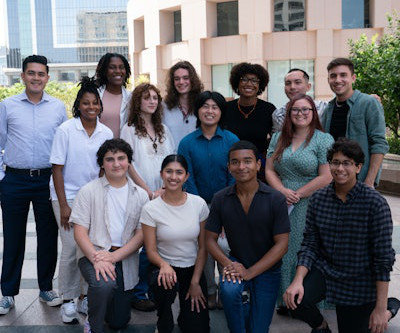
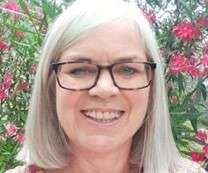
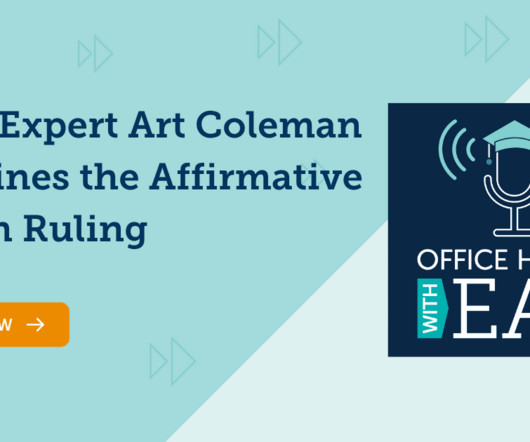
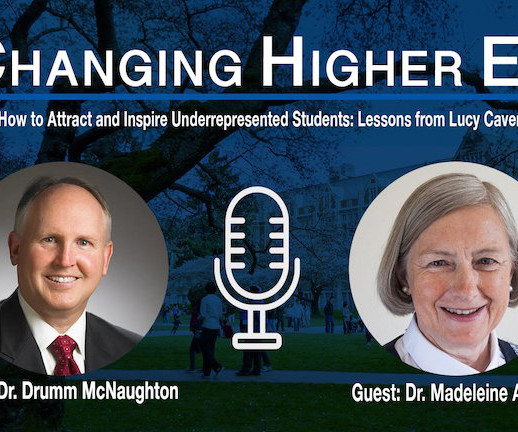
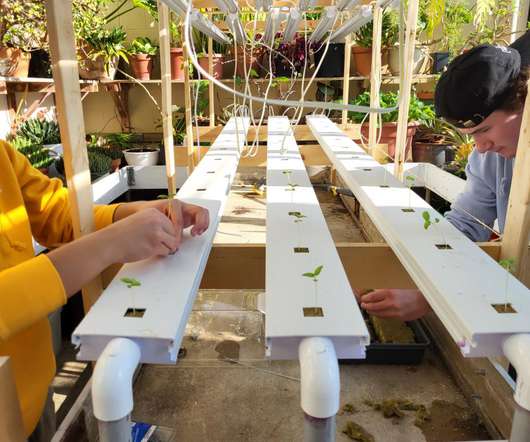






Let's personalize your content